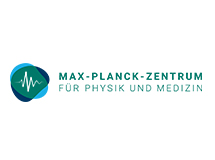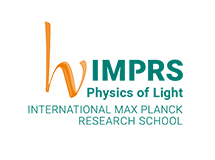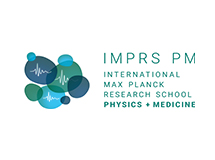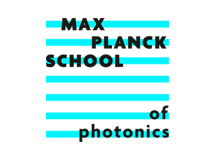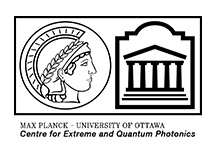Current trends in open and nonequilibrium quantum optical systems
Please note that this website refers to a past event - for reference use only.
Workshop – 16th till 18th of July, 2018
Max Planck Institute for the Science of Light (Erlangen, Germany)
From early on, quantum optics distinguished itself from other quantum disciplines for dealing with systems out of equilibrium (e.g., driven by lasers) that exchange energy and information with their environments. Hence, it has always been at the forefront in the field of open and nonequilibrium quantum systems. The significant theoretical and experimental achievements of the last decades, together with the promise of revolutionary quantum technologies (which will be implemented in quantum optical settings ultimately described as open and nonequilibrium systems), have put this field in the spotlight. By now, it has turned into a broad collection of different disciplines ranging from the most abstract to the most practical, and gathering physicists, mathematicians, engineers, computer scientists, etc.
This workshop aims at bringing the community together, and intends to gather a representation of all these broad range of disciplines that synergistically make up modern quantum optics. The list of topics includes, but is not restricted to:
- Advances in theoretical and mathematical tools for open and/or nonequilibrium systems, including phase-space techniques, effective theories, Gaussian approximations and controlled non-Gaussian extensions, Keldysh formalism, tensor-network states, etc.
- Advances in experimental platforms, including nonlinear optical cavities, integrated photonics, superconducting circuits, atomic systems, mechanical devices, quantum dots, defects in solid-state, 2D materials, exciton polaritons, etc.
- Applications for quantum technologies, including quantum computation and simulation, quantum metrology, and quantum communication.
- Many-body systems out of equilibrium and/or in the presence of dissipation
- Dissipative and/or dynamical phase transitions
- Topological phenomena and their extensions to open and/or nonequilibrium systems
- Low-dimensional, structured, and/or chiral environments
- Quantum thermodynamics
- Non-Markovian dynamics, feedback, and/or continuous monitoring of open systems
Organizers:
Carlos Navarrete-Benlloch (main contact person: email)
Florian Marquardt
Gesine Murphy (administrative support)
When and Where:
Monday to Wednesday, July 16 – 18, 2018, at the new building of the Max Planck Institute for the Science of Light in Staudtstr. 2, 91058 Erlangen, Germany.
Registration Information:
Registration is free of charge, but the number of spots is limited. Hence we encourage you to register as soon as possible by sending an email to Gesine Murphy with the following information:
- Full Name
- Institution
- Do you want to apply for a talk? We have a few slots available for contributed talks. Provide a title and abstract (length and style at your discretion, but below two pages), or refer to your published article or preprint.
- Will you be presenting a poster? All participants are welcome to do so (unlimited number).
Applicants for contributed talks will be informed of the outcome by Wednesday, May 16. Registration will stay open until Friday, June 22.

